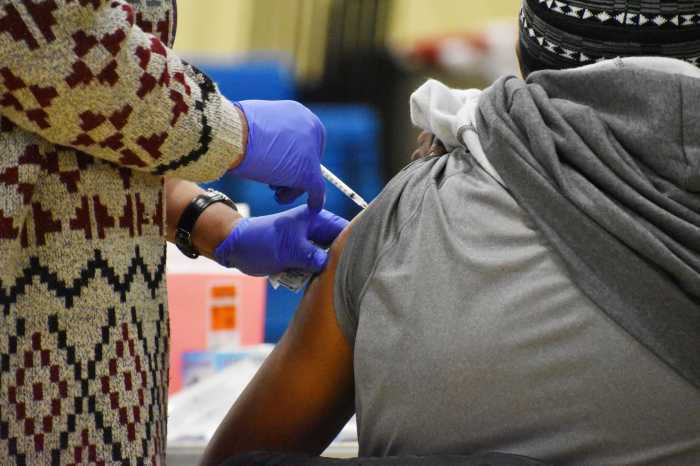Spring is here! Birds are chirping, green is sprouting up everywhere, and the thrill of March Basketball is growing. As you cheer on the Men and Women teams of Philly’s Big Five, you might be thinking of hitting the court for the first time. Or, you might be a long-time hooper looking to up your game. Basketball is a fun and exciting recreational sport, filled with strong and dynamic cardiovascular stimulation. However, before you hit the floor in your new kicks, you may want to consider a few of the following basketball-related pointers.
March might still be cold, but you shouldn’t be —warm up
“Cold” muscles can be unprepared for the dynamics of basketball. Neuromuscular warmup programs, which are exercises such as movement based exercises and sports-specific motions, have been shown to reduce the risk of lower body injuries. Not sure how to start a neuromuscular warmup program? Consult with a sports medicine physician at Rothman Orthopaedics.
Put your heart into it! Warming up ain’t just for the legs
Warming up also protects the heart. Sudden, vigorous activity can put strain on the heart, particularly if there is an existing heart issues. Changes that cause a rapid increase in heart rate and blood pressure, which may be too much for some individuals to handle, can increase the risk of sudden cardiac events. Always seek consultation with your primary care physician prior to starting a new exercise regimen or sports-related activity.
Don’t sweat the net, basketball uses arms too
Lower body injuries are common in basketball, with ankle sprains being one of the most common injuries. However, chronic repetitive motions, like taking free throws or working on that fade-away jumper, can put extra stress on the shoulders and elbows. Shoulder rehabilitation programs have been shown to reduce the risk of shoulder problems and chances of injuries.
You can’t win the game, if you’re outta the game
Sustained a basketball-injury? RICE therapy is often the first best step. Rest, Ice, Elevation, and Compression are treatments that can help symptoms and stabilize an injured part of the body. Over-the-counter medicines like acetaminophen can help with pain, and non-steroidal anti-inflammatory medicines, like ibuprofen and naproxen, can help with pain and swelling. Think your injury is serious? Orthopedic providers at Rothman walk-in clinics and urgent cares in Pennsylvania and New Jersey are ready to evaluate and treat your injury the same day. Or make an appointment for a future visit at a Rothman office.
Dr. Stephen Stache, Jr. is board certified in both sports medicine and family medicine with a particular interest in concussion management. He currently serves on the medical staff for the Philadelphia Phillies, Drexel University and St. Joseph’s University. For information on Rothman Orthopaedic Institute, visit RothmanOrtho.com.




























